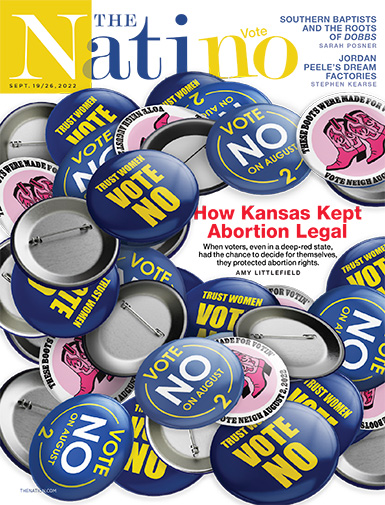
The Criminal Justice System Is Broken. Here’s How to Start Fixing It. The Criminal Justice System Is Broken. Here’s How to Start Fixing It.
New York Attorney General Eric Schneiderman wants his office to be able to prosecute cases in which police officers kill unarmed citizens.
Dec 16, 2014 / Blog / Katrina vanden Heuvel
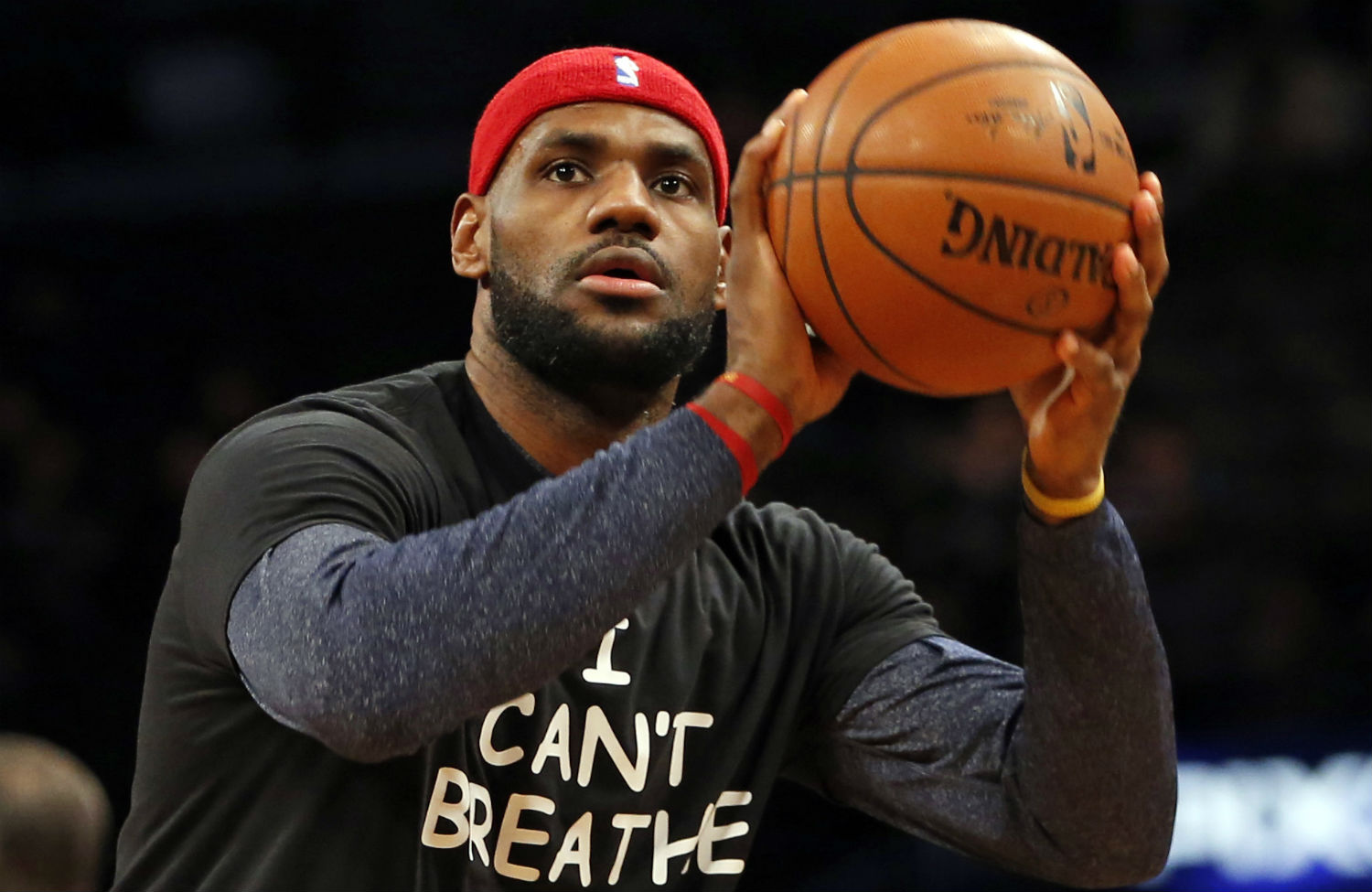
The Power of Political Athletes to Puncture Privilege The Power of Political Athletes to Puncture Privilege
By breaching the walls of the sports world, we can puncture the ultimate privilege in our society: that of blissful ignorance.
Dec 12, 2014 / Blog / Dave Zirin
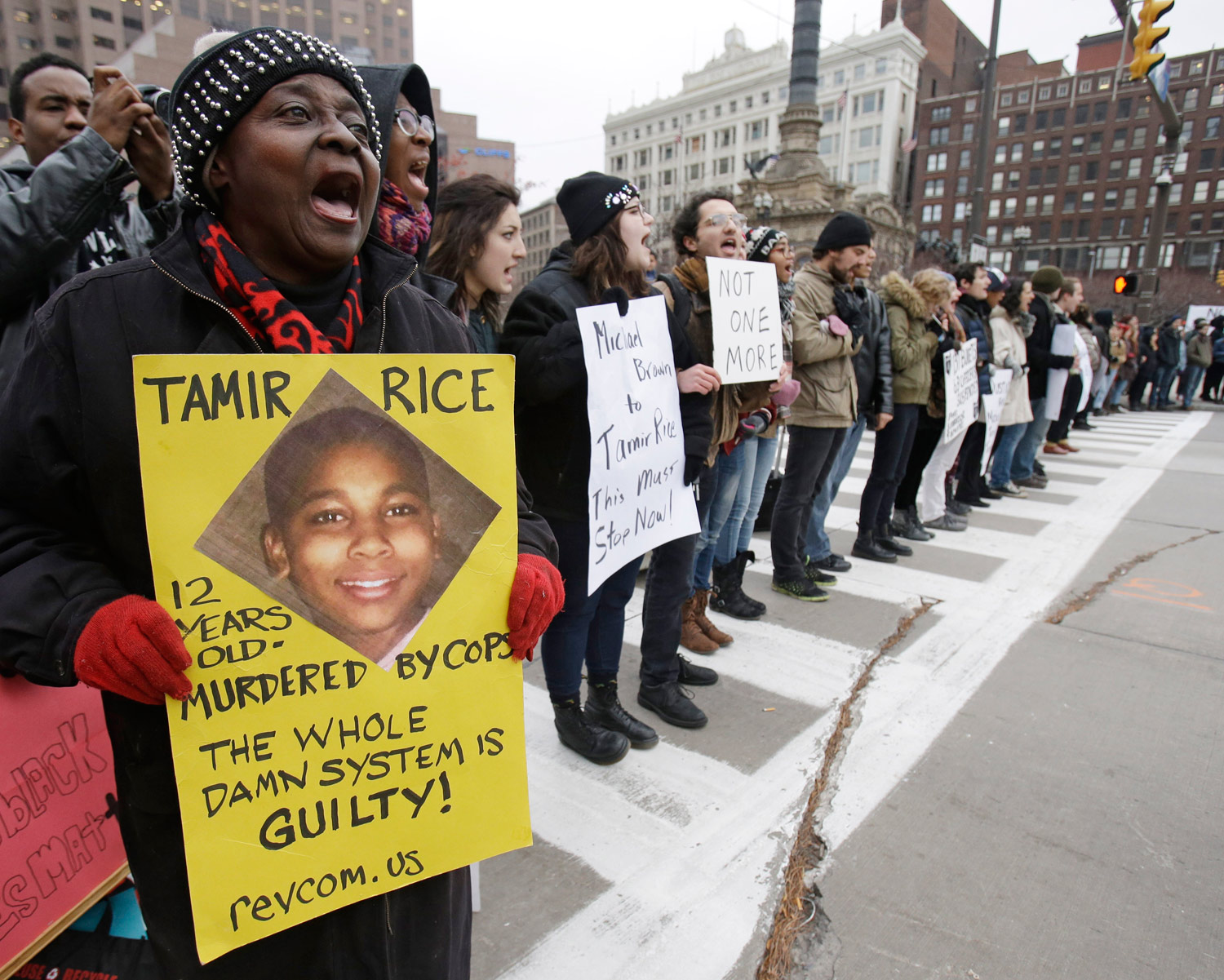
Is Racial Justice Possible in America? Is Racial Justice Possible in America?
We need law and policing reform, but first we have to want to end state-sanctioned violence against African-Americans.
Dec 10, 2014 / Feature / David Dante Troutt
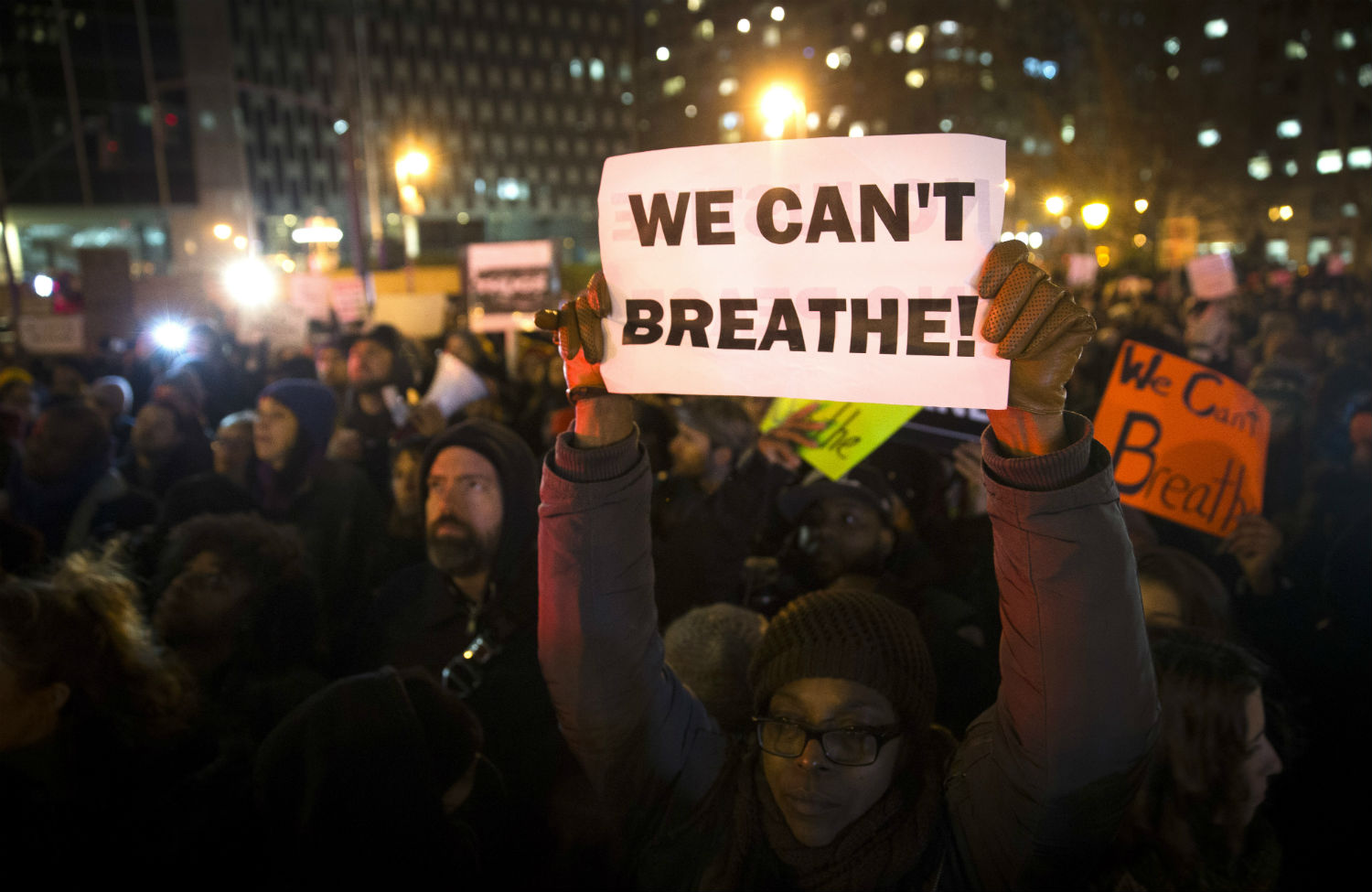
It’s 1963 Again It’s 1963 Again
Last August, some observers drew comparisons between the fatal shooting of Michael Brown by Officer Darren Wilson in Ferguson, Missouri, and the 1955 murder of Emmett Till. The announcement on December 3 that a Staten Island grand jury had chosen not to indict the policeman who choked Eric Garner to death might indicate that we are closer to 1963—when a series of devastating setbacks and the subsequent widespread outrage transformed the civil rights struggle. There was a perfect storm this past month: the continuing fallout from a grand jury’s decision not to indict Wilson in Ferguson; the identical outcome in the Garner case; a Cleveland newspaper’s efforts to discredit and sling mud at the parents of Tamir Rice, a 12-year-old boy also killed by police. This moment has the potential to catapult change, just as a series of events did eight years after Till’s death. The 1963 murder of four black girls at Birmingham’s 16th Street Baptist Church hit Americans square in the chest, reminding them of the Jim Crow system of justice in which black people had no rights that whites were bound to respect. The little girls were killed in September of that year in a place already dubbed “Bombingham” for the level of violent racist backlash against the city’s small progressive steps. Martin Luther King Jr. had been jailed there in the spring. Medgar Evers had been assassinated that summer in Mississippi. We find ourselves at a similar moment fifty years later—with “Again?” on our lips and a familiar feeling of horror at the video of Officer Daniel Pantaleo choking Garner to death, the unsparing force he uses against a man gasping over and over again, “I can’t breathe.” With the killings of Brown, Garner, Rice, unarmed New Yorker Akai Gurley and others, we are all reminded that black life is still devalued, and that police officers are too often treated as if they were above the rule of law. It is all coming so quickly: these announcements that a trial isn’t even necessary to determine a police officer’s guilt or innocence; these exonerations through other means. As a result, people are taking to the streets in Ferguson, New York City, Los Angeles, Atlanta, Boston, Cleveland and beyond. Please support our journalism. Get a digital subscription for just $9.50! To turn that outrage into progress, we should start to think big. A. Philip Randolph, Bayard Rustin, Ella Baker and other brilliant strategists of yesteryear knew that a successful struggle requires goals, not just reaction. Right now, activists from organizations like Millennial Activists United, the Ohio Students Association, Dream Defenders and Make the Road New York are demanding that the federal government prosecute police officers who kill or abuse people; that independent prosecutors be appointed at the local level and charged with prosecuting officers; and that the Justice Department deny funding to police departments that use excessive force or racial profiling. Several activists met with President Obama on December 1 to push these goals. This is beginning to look like playing offense. It’s worth noting that the public outcry in response to the rapid-fire events of 1963 is credited with making passage of the 1964 Civil Rights Act inevitable. The March on Washington for Jobs and Freedom had taken place not even a month before the Birmingham church bombing, showing the world that a critical mass of people were mobilized in the service of fundamental change. If the history of this country’s most revered period of revolutionary change is any guide—and if a policy program is developed to channel all this growing energy—then we’re just getting started.Dani McClain Read Next: Gary Younge on “black-on-black” crime
Dec 10, 2014 / Editorial / Dani McClain
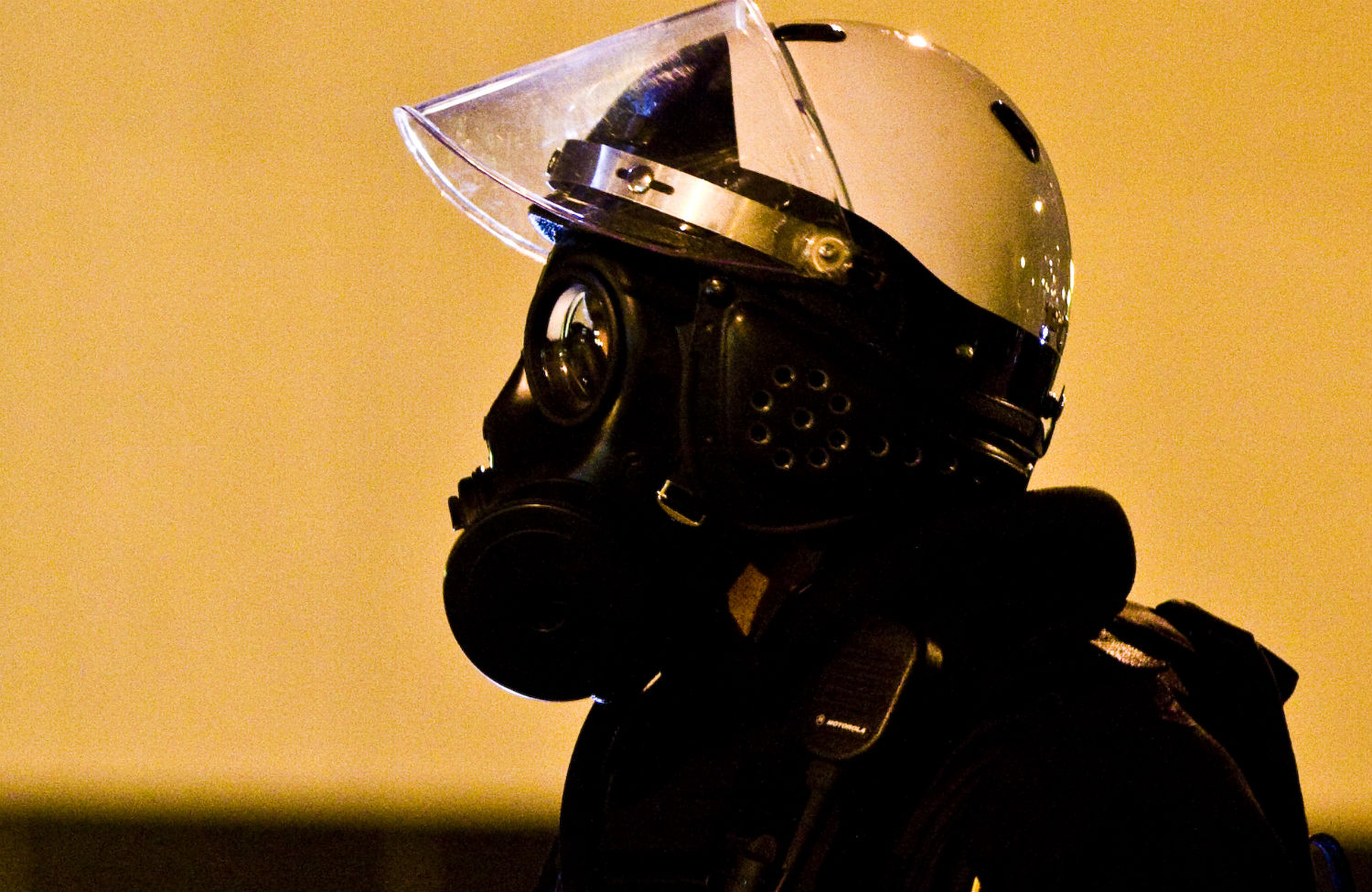
We Need Less Policing We Need Less Policing
Debates over reform rage, but we know what works.
Dec 10, 2014 / Editorial / Alex S. Vitale
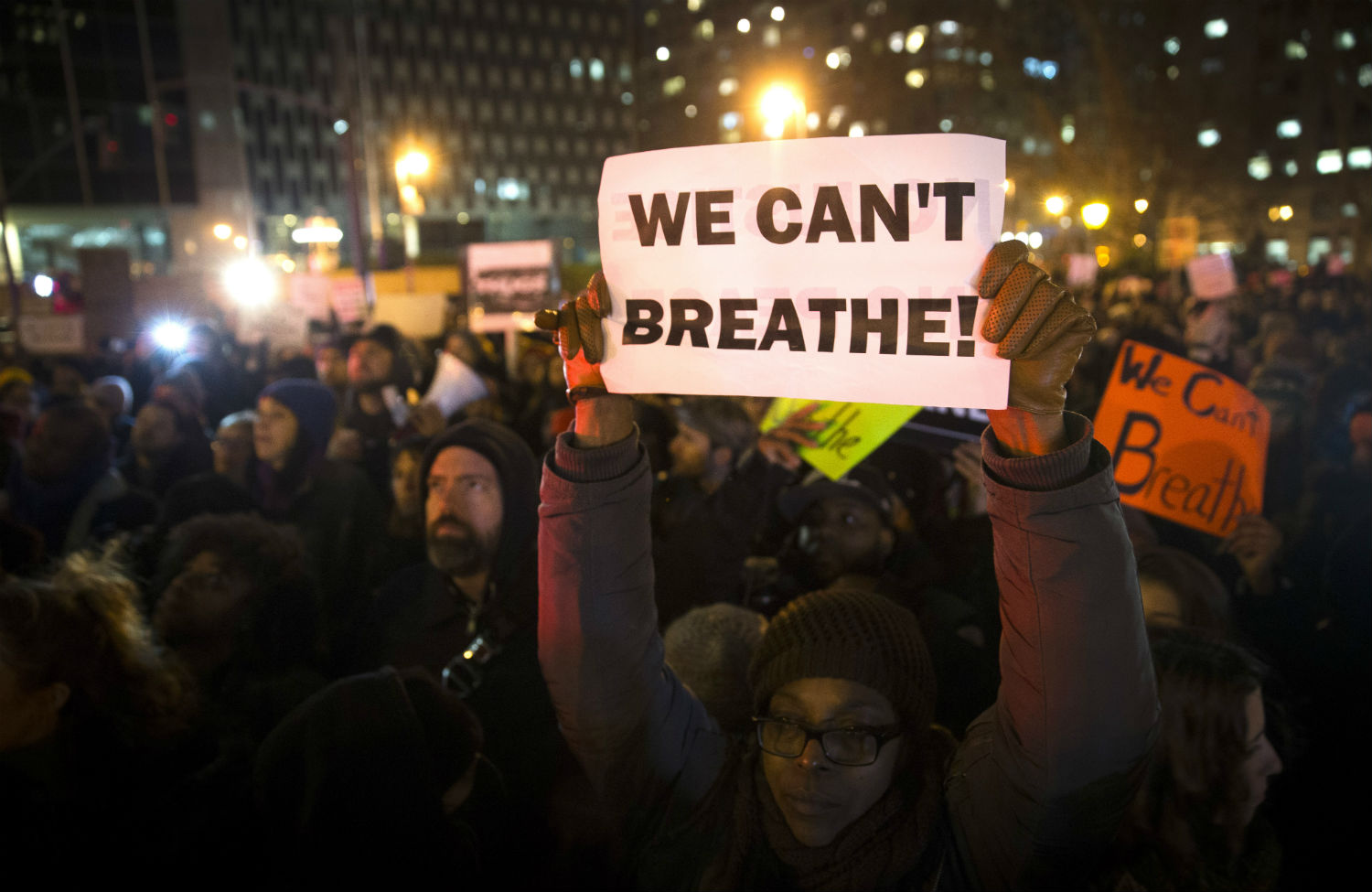
Bobst Protest, Social Media as Battleground for Race Bobst Protest, Social Media as Battleground for Race
Protests on the NYU campus in the wake of the Eric Garner non-indictment spark debates on social media about race and privilege.
Dec 10, 2014 / StudentNation / StudentNation
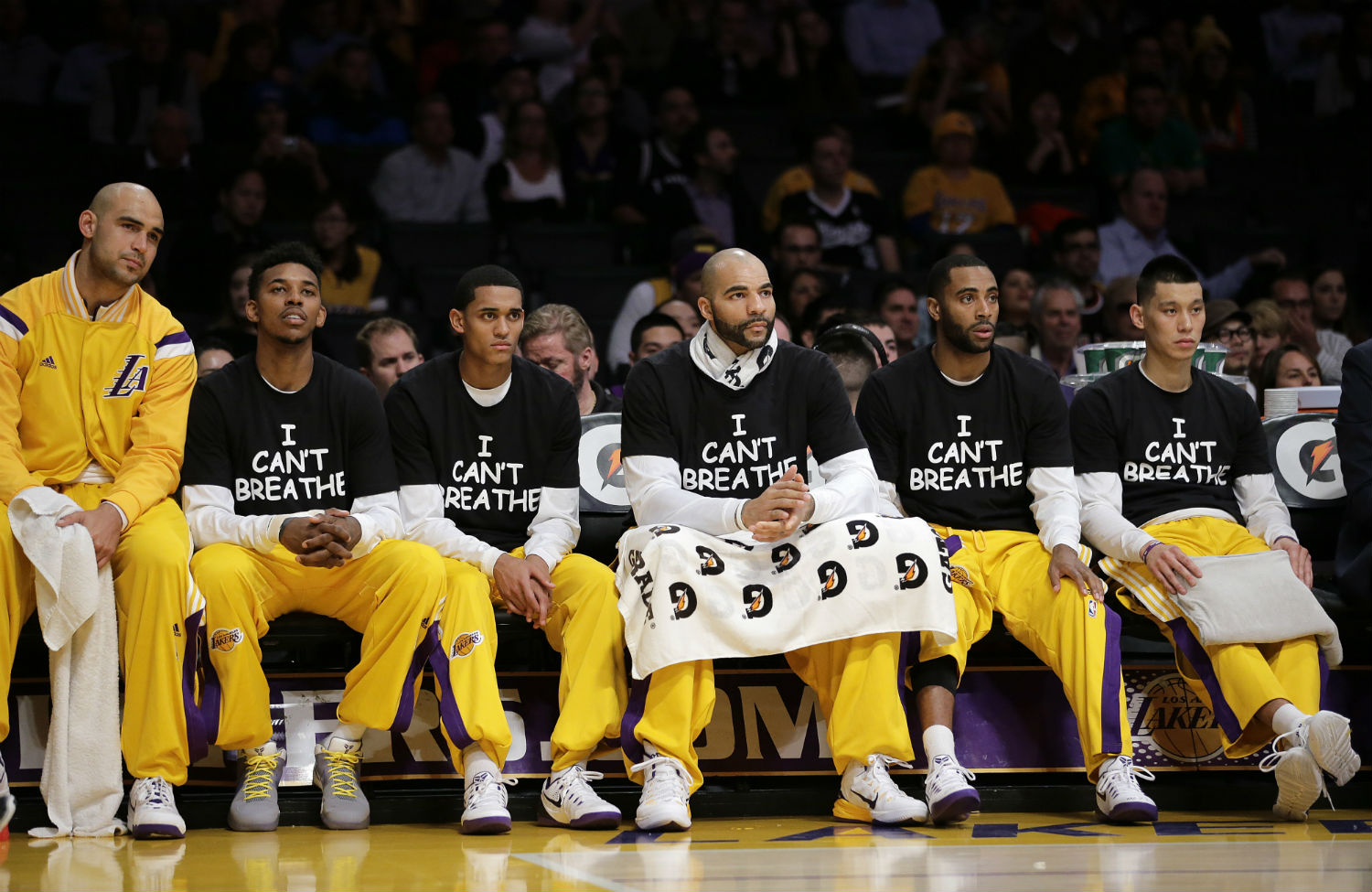
The Enduring Importance of the Activist Athlete The Enduring Importance of the Activist Athlete
We need outspoken athletes, connected to social movements, to speak directly to the masses of people who have tuned out politics.
Dec 10, 2014 / Blog / Dave Zirin
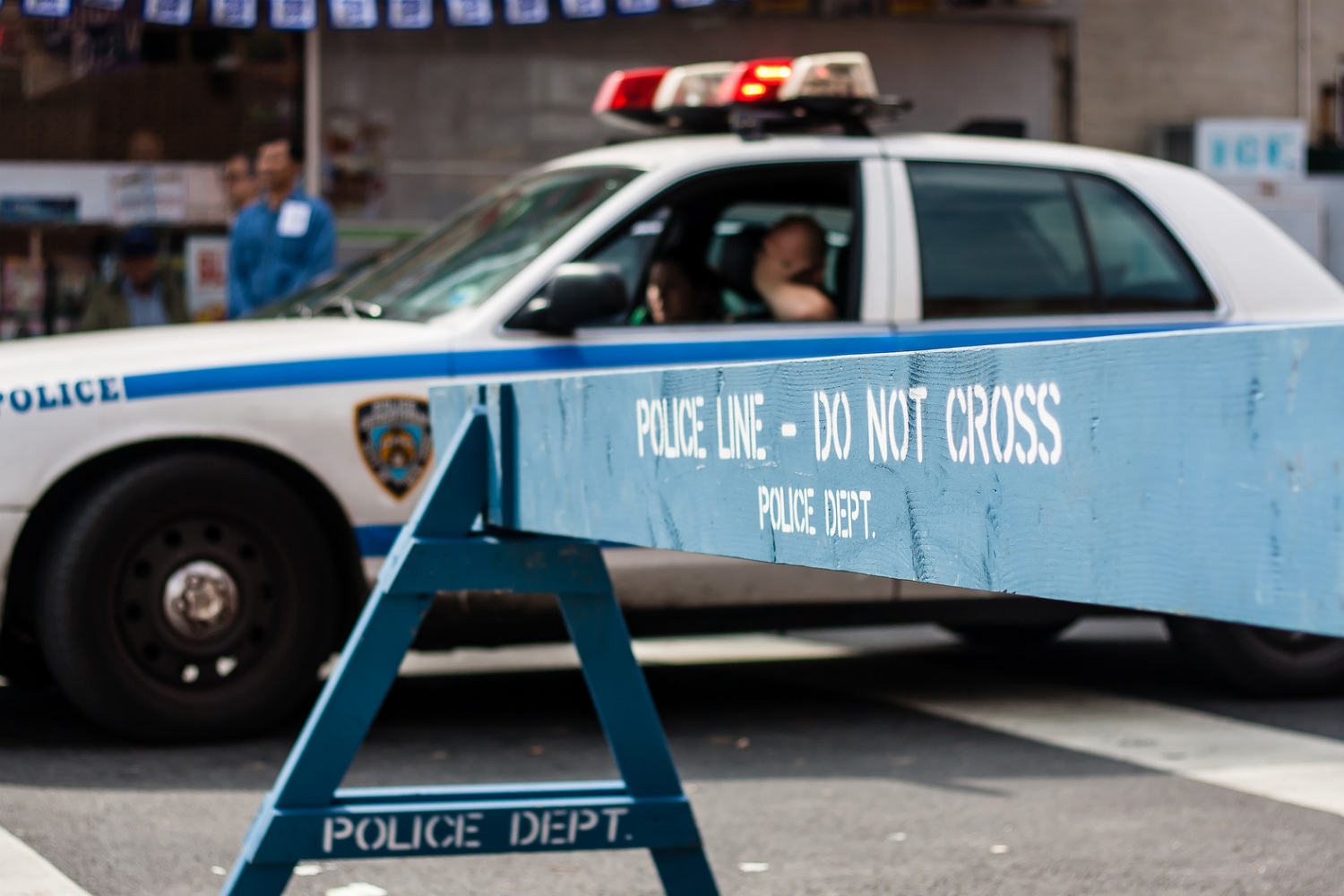
About ‘Black-on-Black Crime’ About ‘Black-on-Black Crime’
No, we should not stop talking about police shootings.
Dec 9, 2014 / Beneath the Radar / Gary Younge
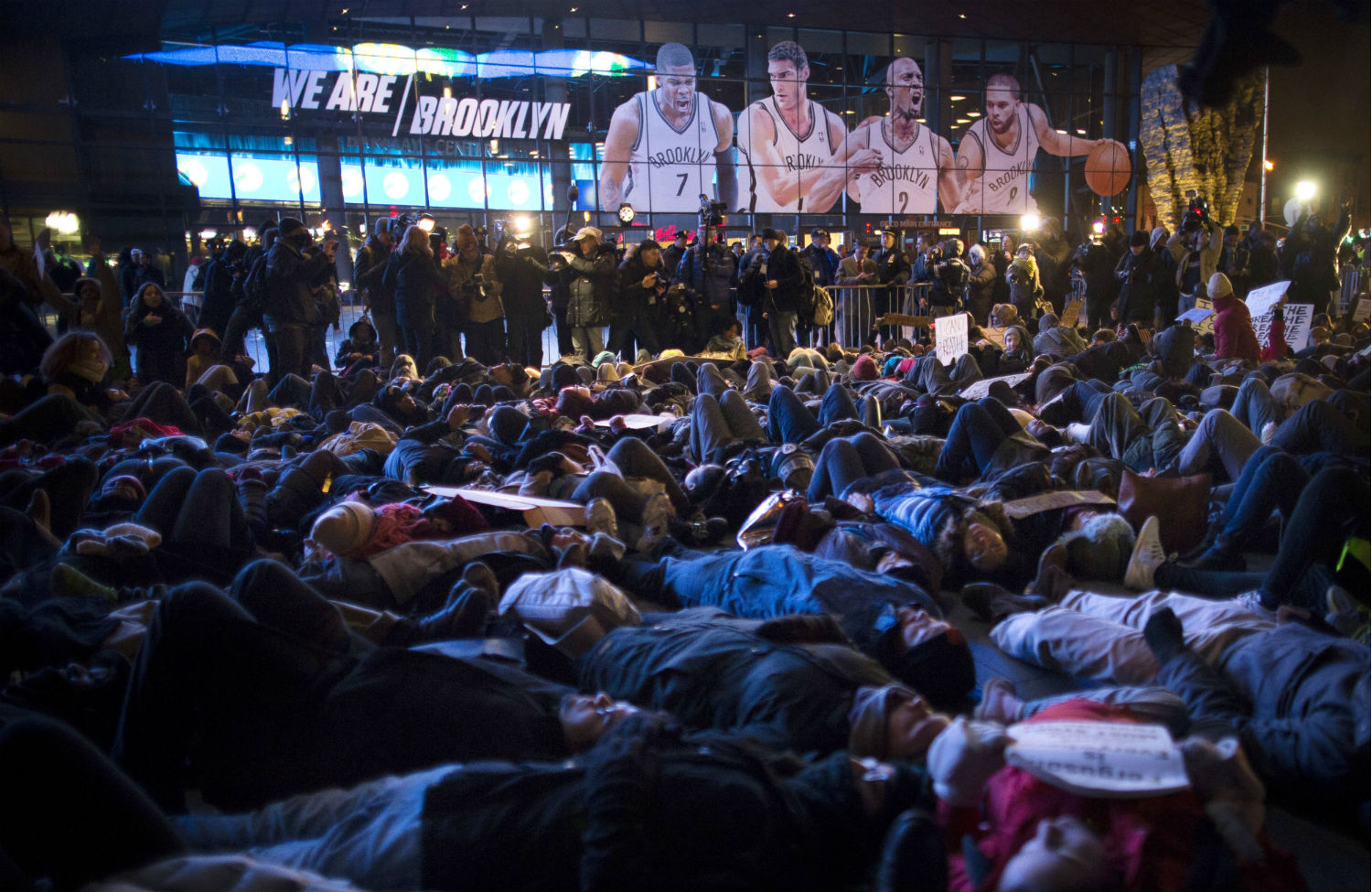
Activists Stage a ‘Royal Shutdown’ of Barclays Center Activists Stage a ‘Royal Shutdown’ of Barclays Center
Last night, hundreds of protesters converged on the Cavaliers-Nets game to continue to demand justice in the wake of the Eric Garner case.
Dec 9, 2014 / Muna Mire
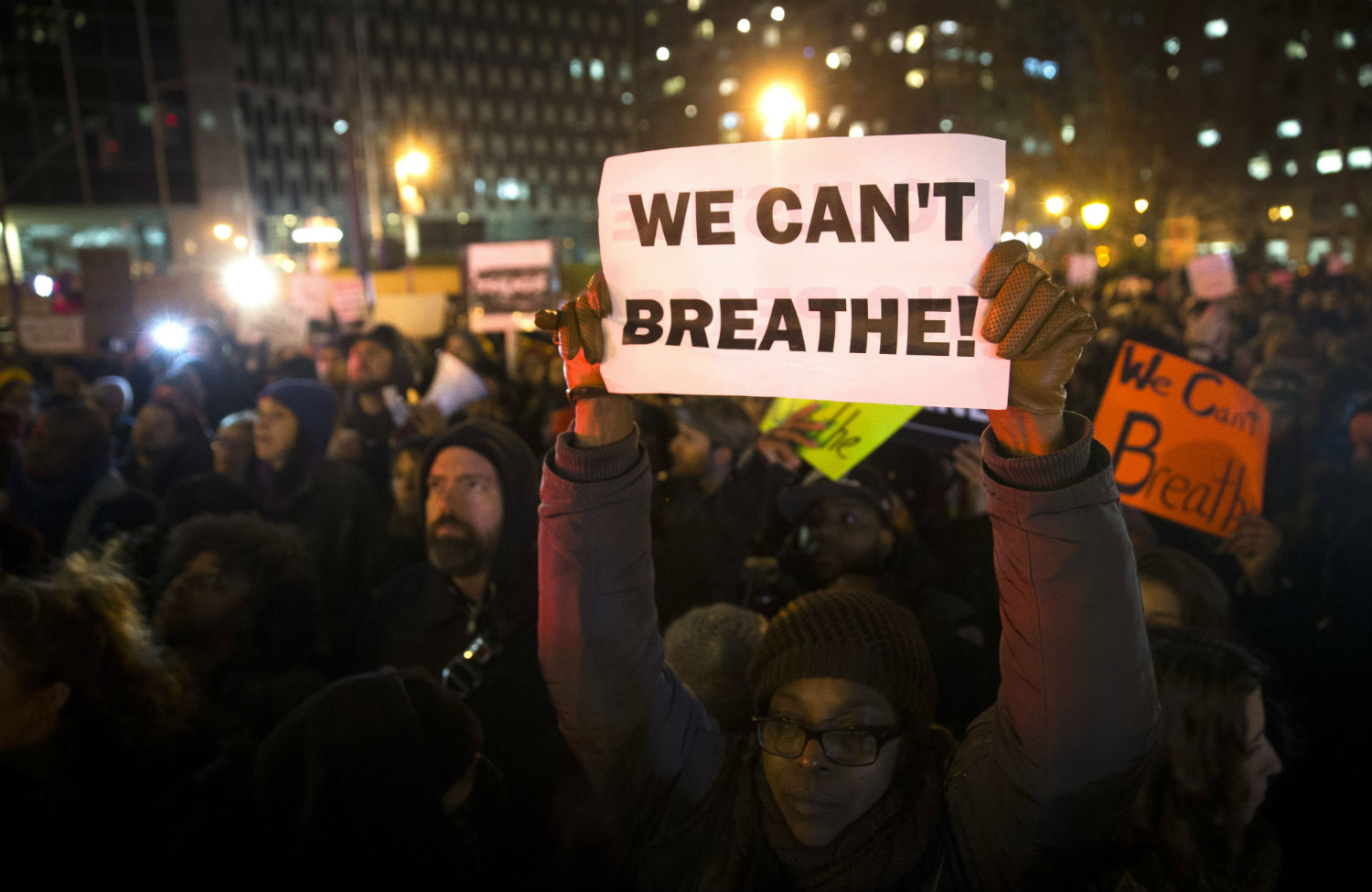
‘We Can’t Breathe’: The Movement Against Police Brutality Is Just Beginning ‘We Can’t Breathe’: The Movement Against Police Brutality Is Just Beginning
In order to breathe, people have begun to move.
Dec 9, 2014 / Blog / Katrina vanden Heuvel
